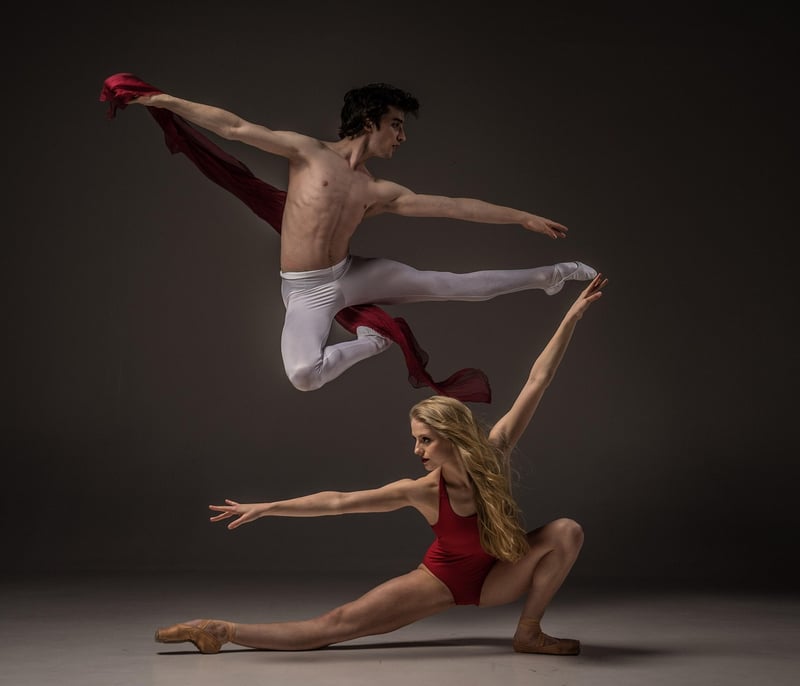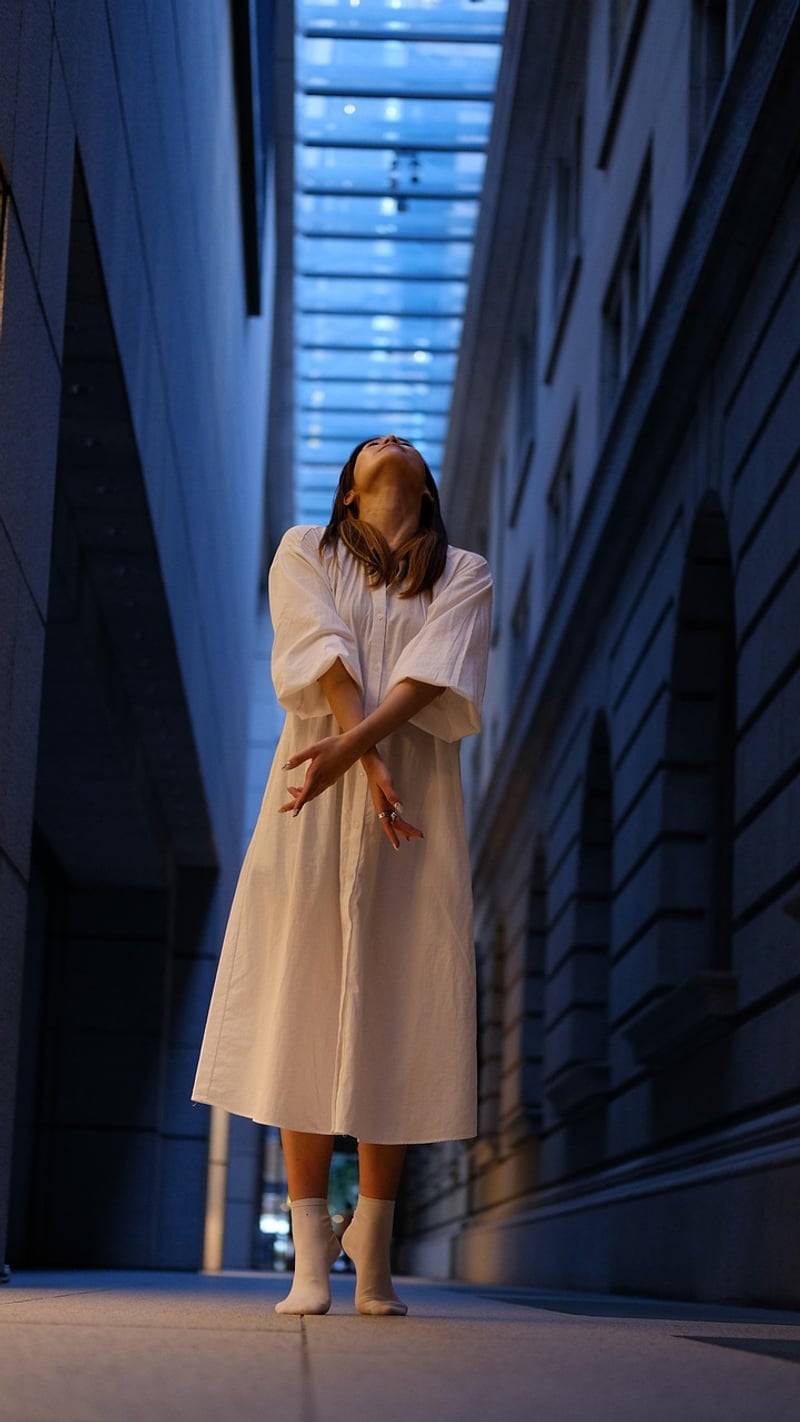Contemporary Dance
Exploring Expressive Movement in Contemporary Dance

Contemporary dance is a dynamic and versatile art form that allows dancers to express themselves through movement in unique and innovative ways. One of the key elements that sets contemporary dance apart is its emphasis on expressive movement, where dancers use their bodies to convey emotions, tell stories, and explore new forms of physical expression.
What is Expressive Movement?
Expressive movement in contemporary dance involves the use of the entire body to communicate ideas, feelings, and narratives. Dancers often focus on fluidity, clarity, and intentionality in their movements to create a powerful and emotive performance. Through gestures, shapes, and spatial dynamics, dancers can convey a wide range of emotions and concepts without relying on traditional dance techniques.
Techniques and Approaches
In contemporary dance, there are various techniques and approaches that dancers use to enhance their expressive movement. Some common techniques include:
- Improvisation: Dancers explore movement spontaneously, allowing for authentic and raw expressions.
- Contact Improvisation: Emphasizes physical contact between dancers to create shared movement experiences.
- Release Technique: Focuses on letting go of tension in the body to move freely and fluidly.
- Laban Movement Analysis: Provides a framework for understanding and interpreting movement qualities.
Benefits of Expressive Movement
Engaging in expressive movement in contemporary dance offers a range of benefits for dancers, including:
- Enhanced emotional expression and communication skills.
- Improved body awareness and kinesthetic intelligence.
- Opportunities for creative exploration and personal growth.
- Connection with audiences on a deeper, more visceral level.
Conclusion
Expressive movement is at the core of contemporary dance, allowing dancers to push boundaries, challenge conventions, and connect with audiences in profound ways. By embracing the power of movement to convey meaning and emotion, dancers can create captivating performances that resonate with viewers on a visceral level.
